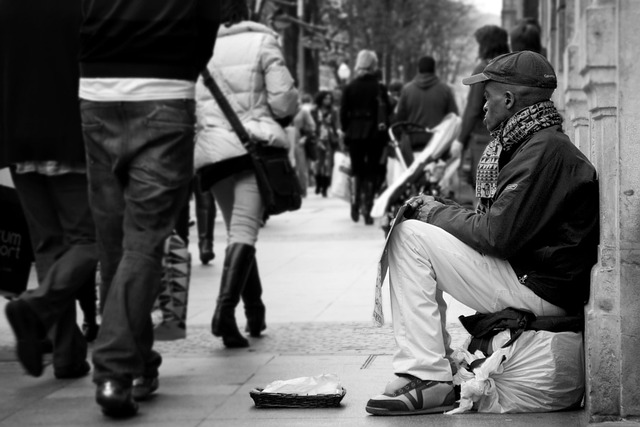The Intersection of Religion and Ethics: Navigating Morality in Modern Society
In a world that often feels increasingly fragmented, the quest for understanding morality brings people together in profound ways. At the heart of this journey lies the intricate relationship between religion and ethics, two forces that shape the moral landscape of our lives. Each of us has undoubtedly grappled with questions of right and wrong, good and evil, and the principles guiding our decisions. This struggle often leads us to seek refuge in our spiritual beliefs, exploring how they inform our ethical viewpoints in today’s fast-paced society.
Throughout history, many of our ethical frameworks have drawn heavily from religious teachings. The various doctrines provide not only guidelines for personal conduct but also frameworks that influence legislation and societal norms. Whether it’s the Ten Commandments in Christianity, the Five Pillars of Islam, or the principles of Buddhism, these religious foundations offer insights into what it means to lead a moral life. For individuals seeking clarity and direction, they often serve as pillars of support in navigating complex ethical dilemmas.
However, as society evolves, so too do our moral challenges. The rise of global interconnectedness brings diverse beliefs and practices into dialogue, often leading to contrasting ethical viewpoints. In this environment, critical questions emerge: Can a universal morality exist amid such diversity? How do we reconcile our religious beliefs with secular ethics? These inquiries push us to confront the friction between personal faith and public life, igniting debates that resonate deeply within communities.
The clash of values can create an emotional landscape filled with confusion and frustration. Imagine a person devoutly following their faith yet feeling the pressure to adapt to a rapidly changing world. The struggle to uphold religious convictions while engaging with contemporary ethical issues, such as environmental responsibility, social justice, and human rights, can be daunting. Many find themselves standing at the crossroads, wrestling with the tension between tradition and modernity.
Despite these challenges, the intersection of religion and ethics offers a rich ground for growth and understanding. Engaging with diverse moral perspectives can provide new insights into our own beliefs and behaviors. When we foster open dialogue between different faiths, we cultivate a culture of empathy that acknowledges the flaws and strengths inherent in everyone’s ethical compass. This shared exploration encourages a more nuanced understanding of morality that transcends individual beliefs, reminding us that we all share a common humanity.
While grappling with our personal ethics, it’s essential to remain mindful of the profound impact our choices can have on others. The role of compassion in ethical decision-making cannot be overstated. When driven by a genuine concern for our fellow beings, we move closer to embodying the values our religions espouse, demonstrating that ethics rooted in love and respect can lead to meaningful change.
Ultimately, navigating the complex relationship between religion and ethics is a personal journey, one that each individual must undertake. As we embrace the diverse moral narratives around us, we take steps toward a more harmonious existence in society. By integrating our beliefs into our ethical practice, we foster a world that not only cherishes individual convictions but also unites us in our shared quest for meaning and moral clarity.




